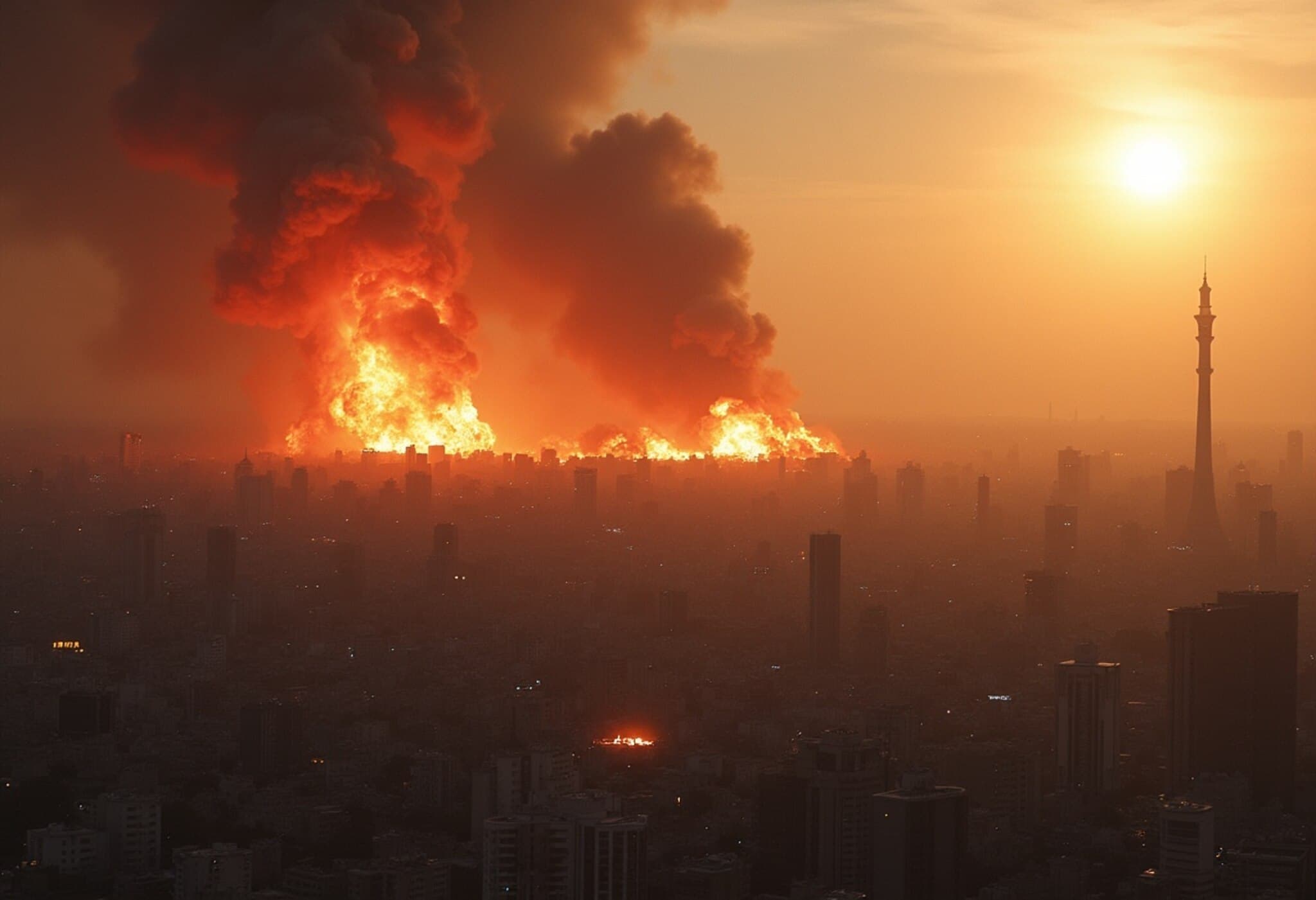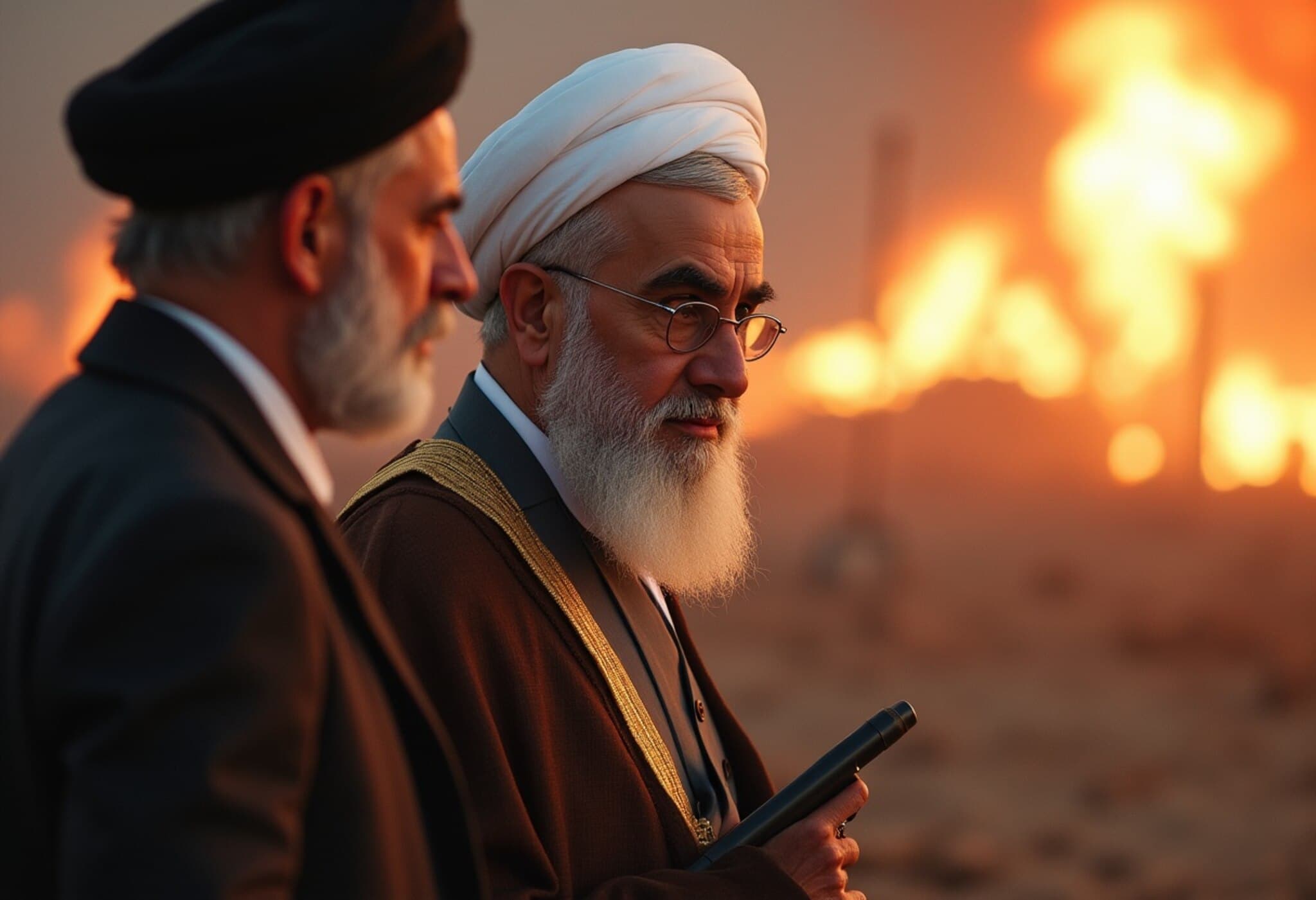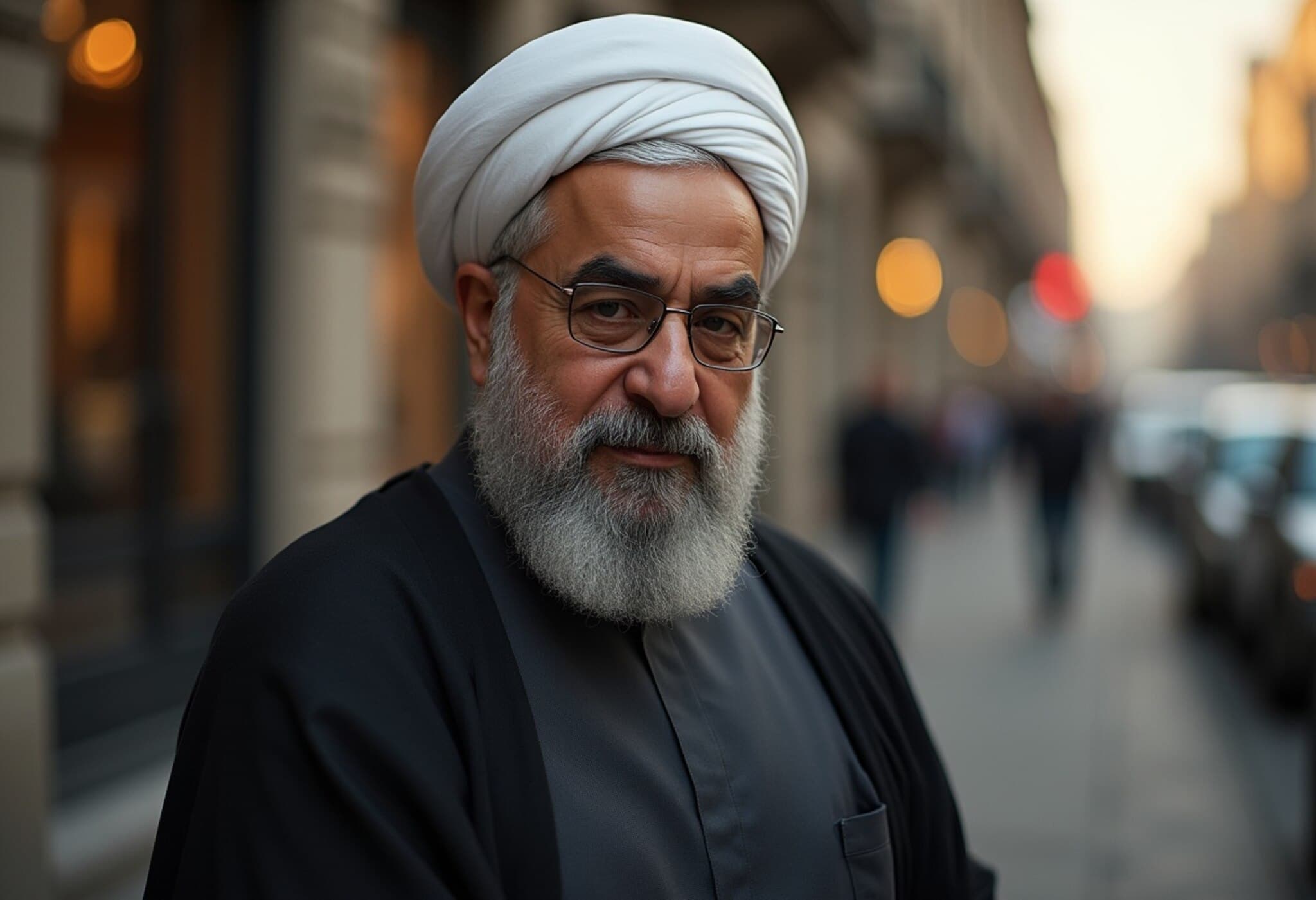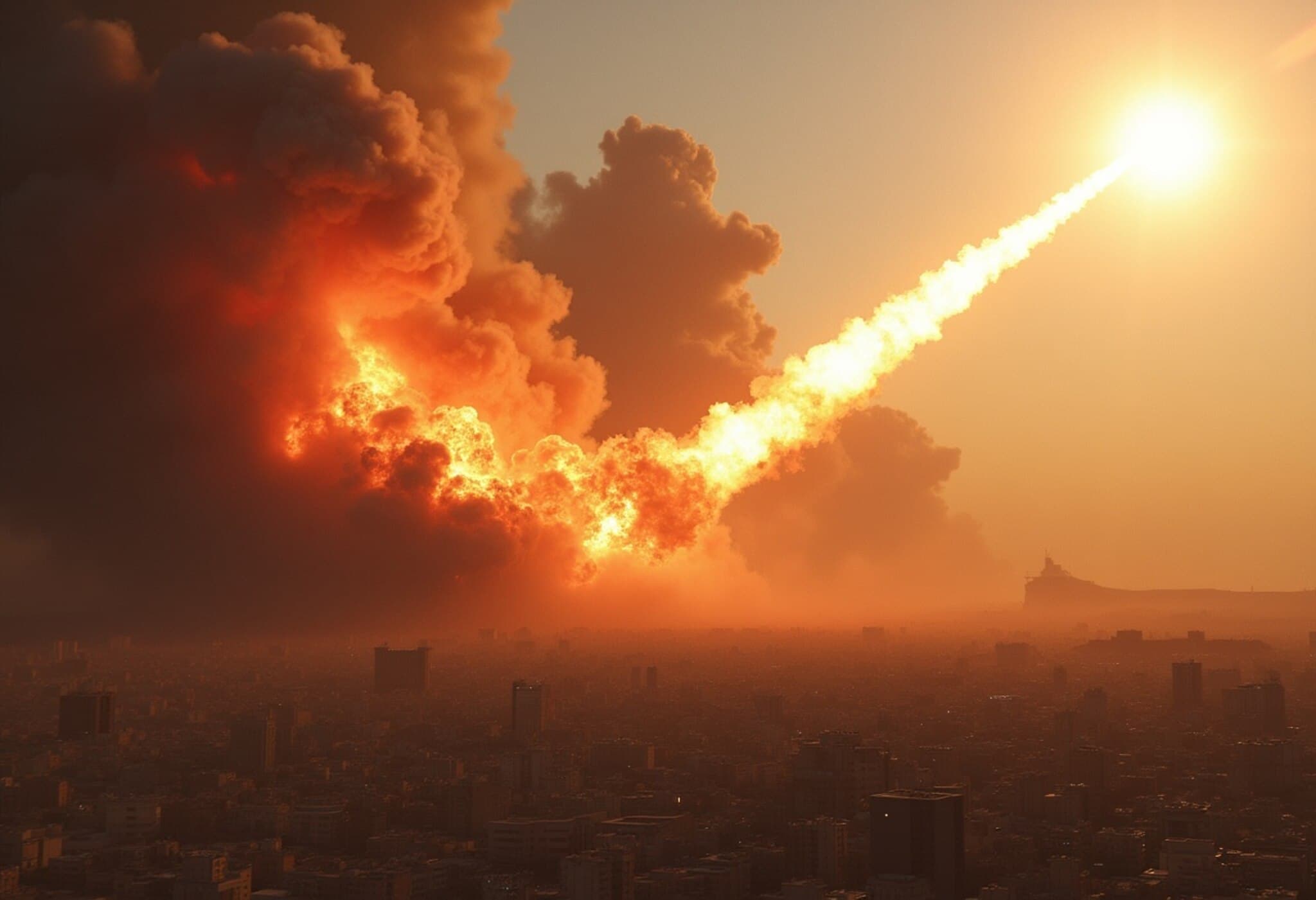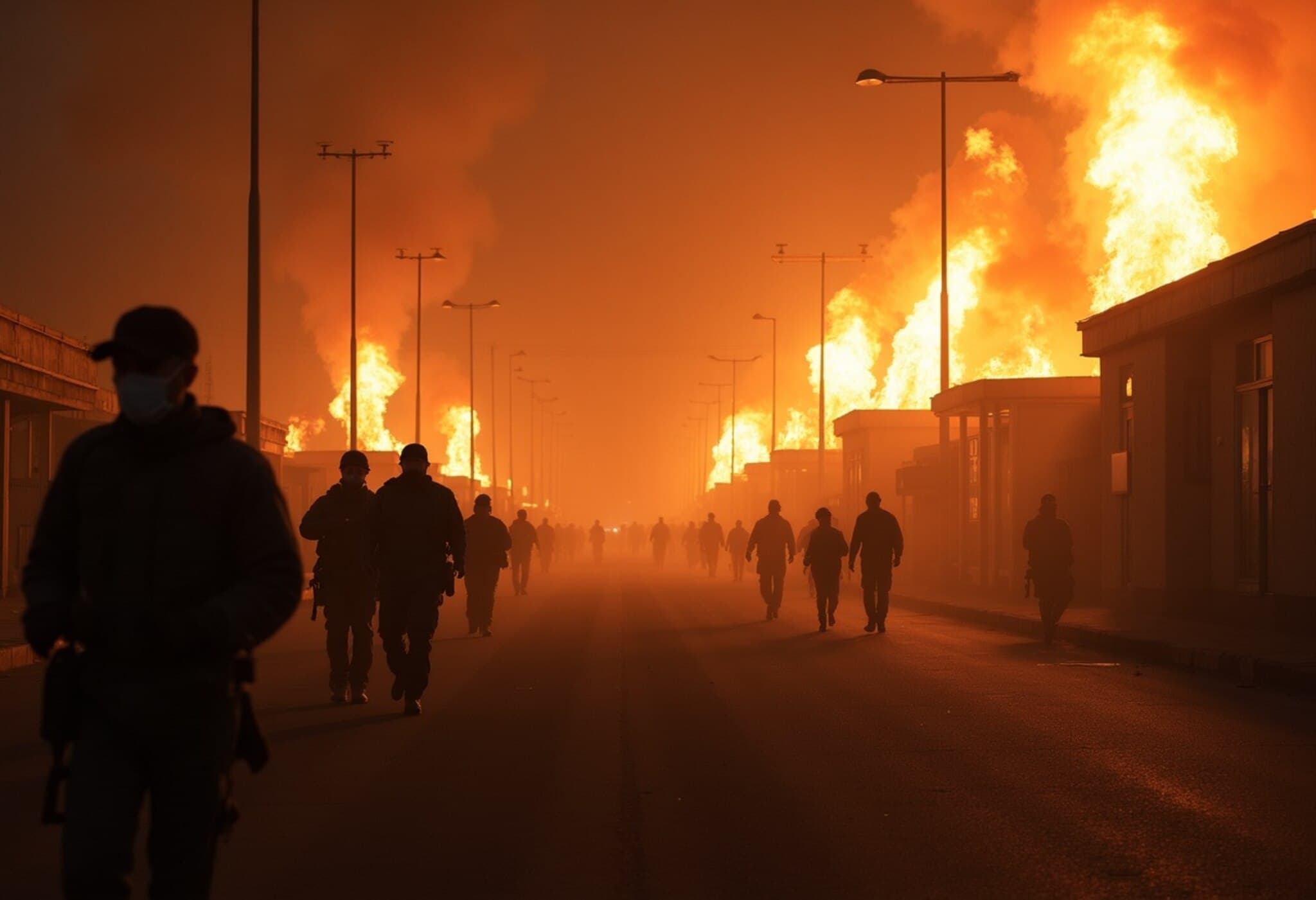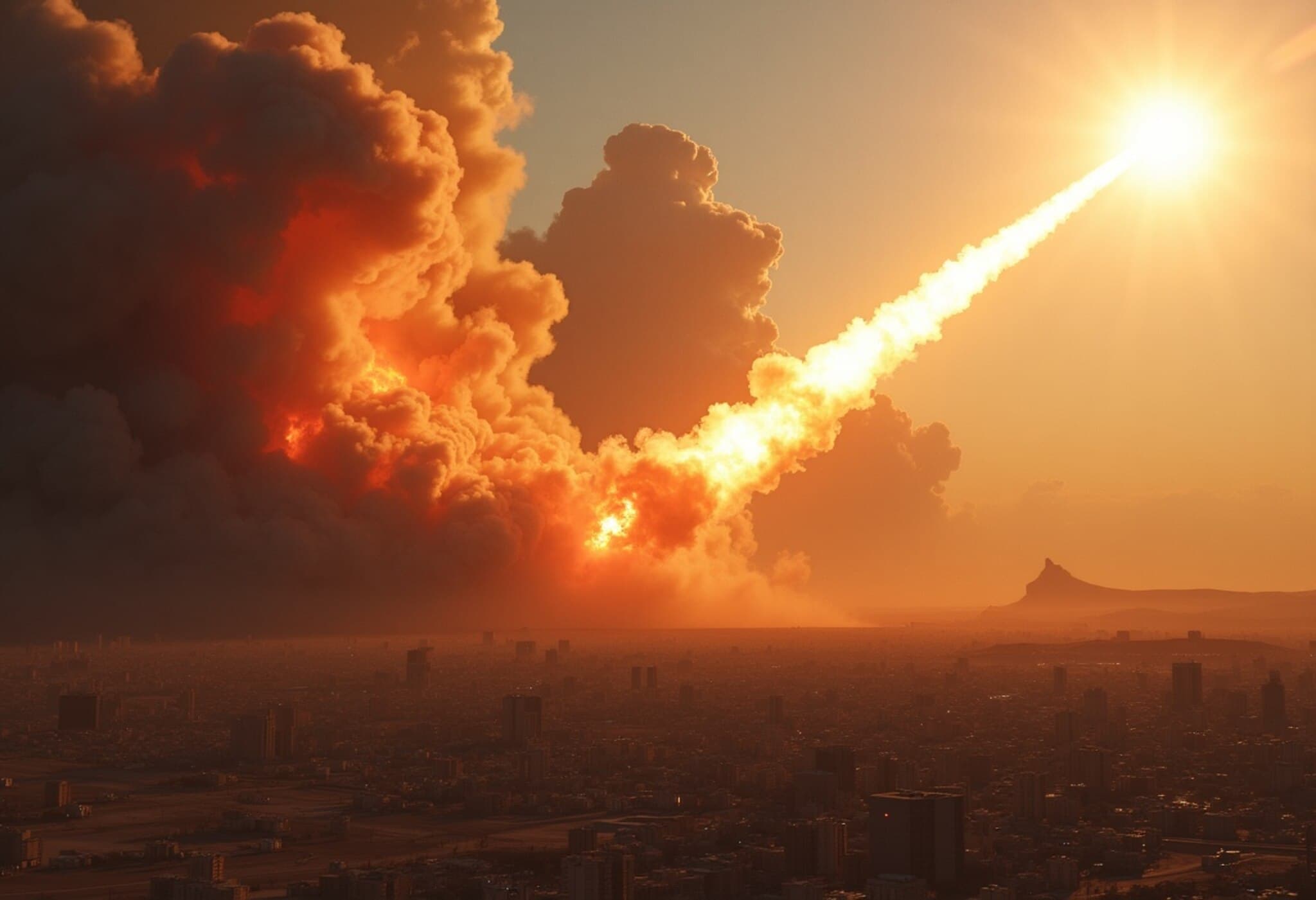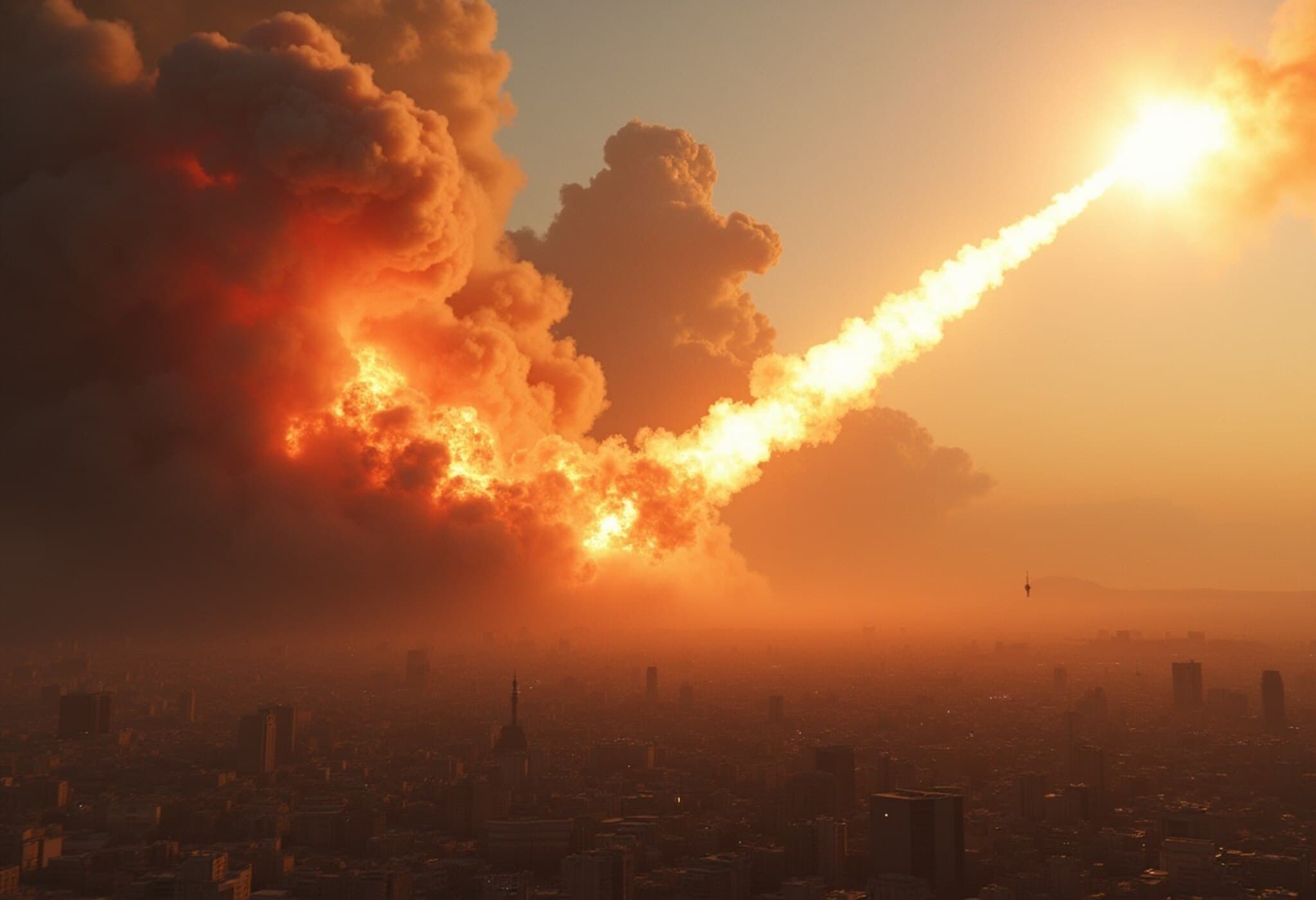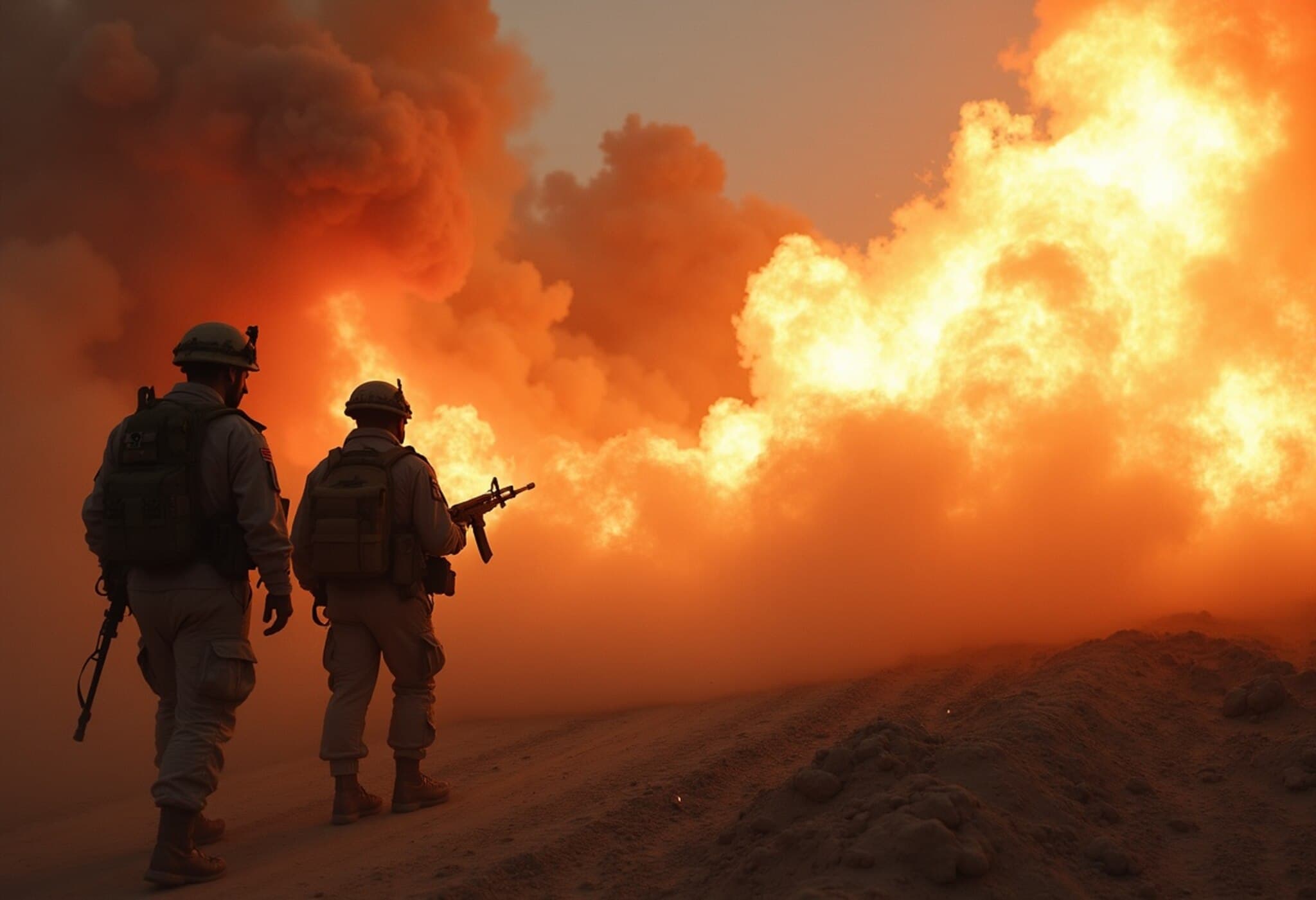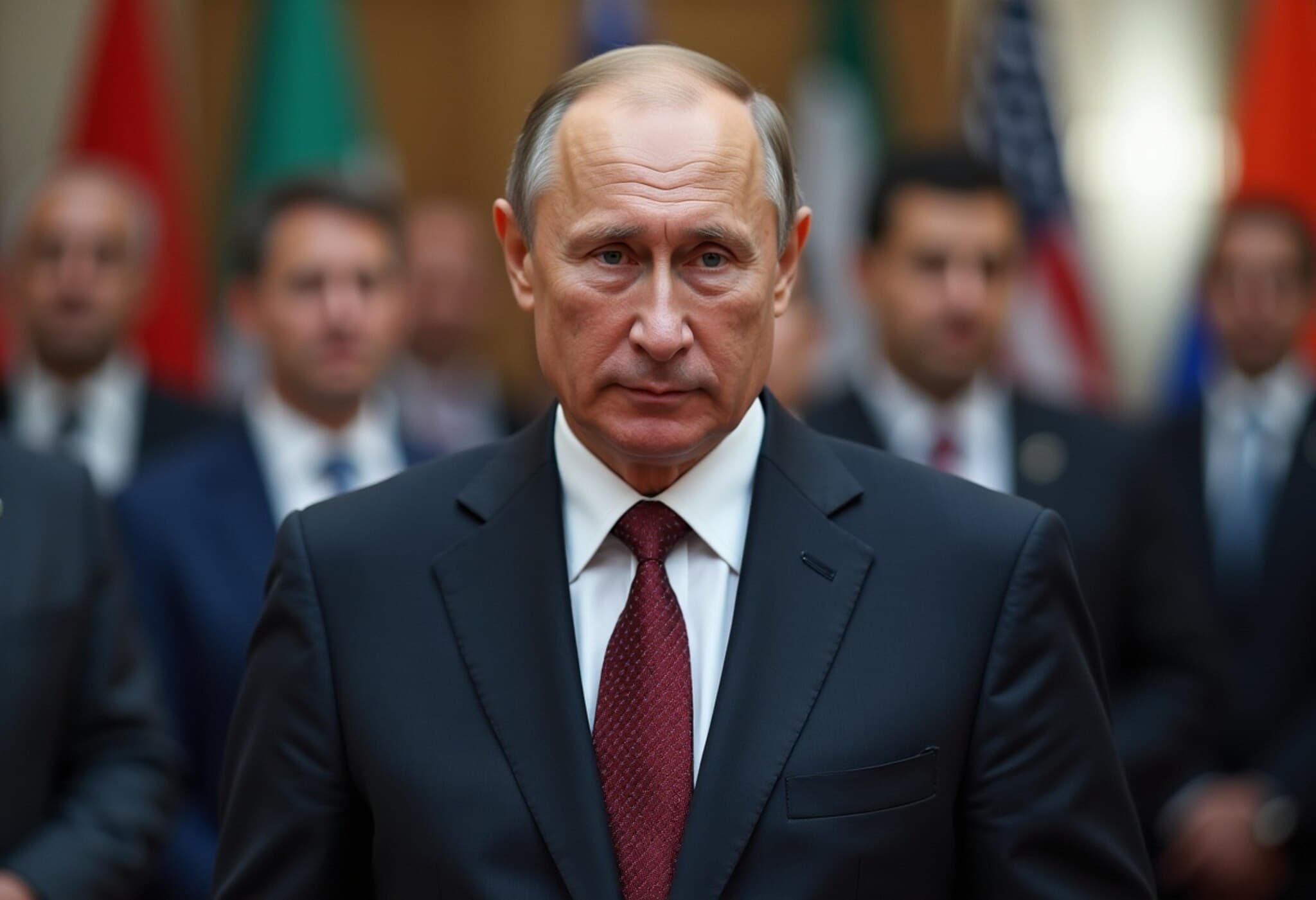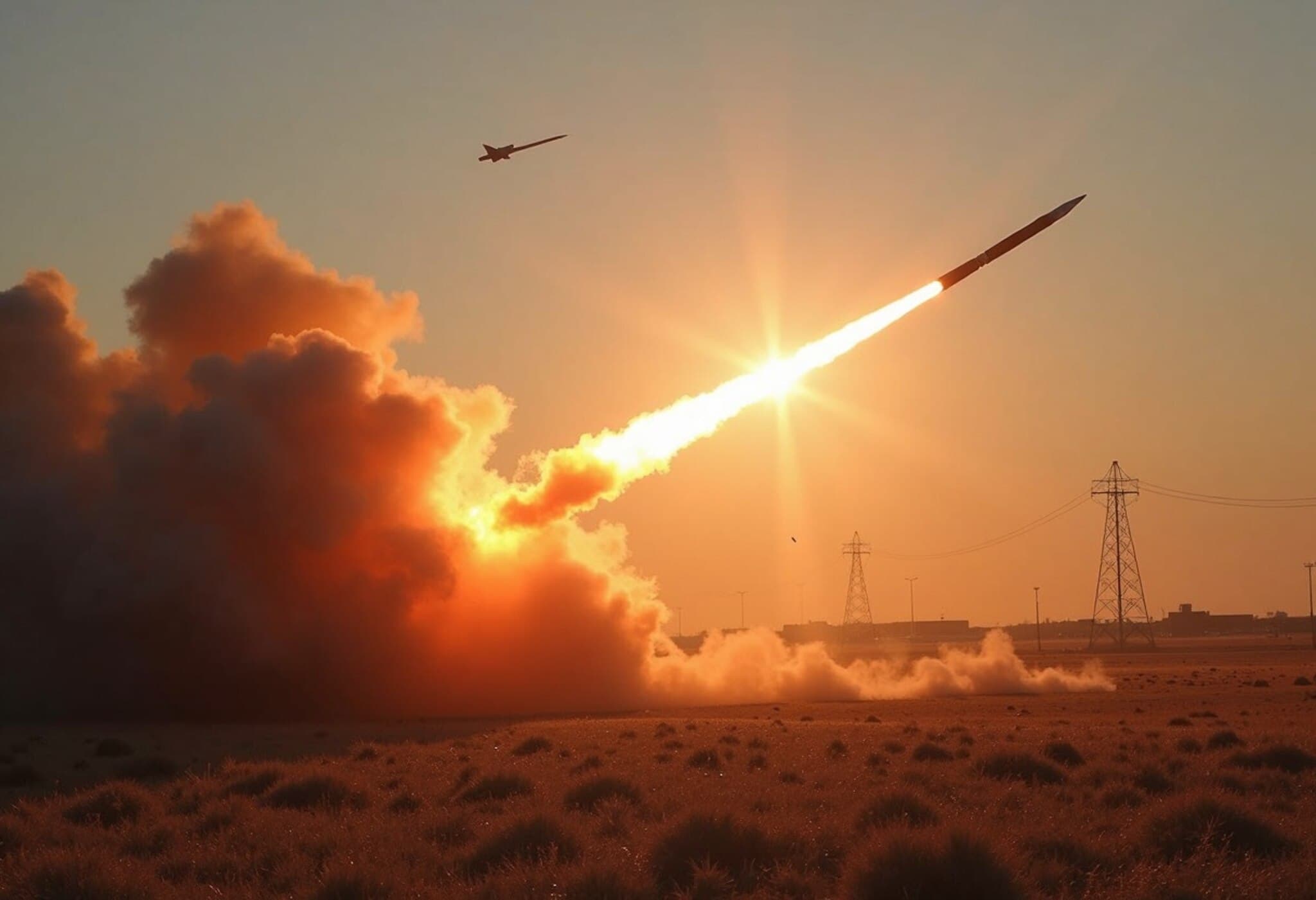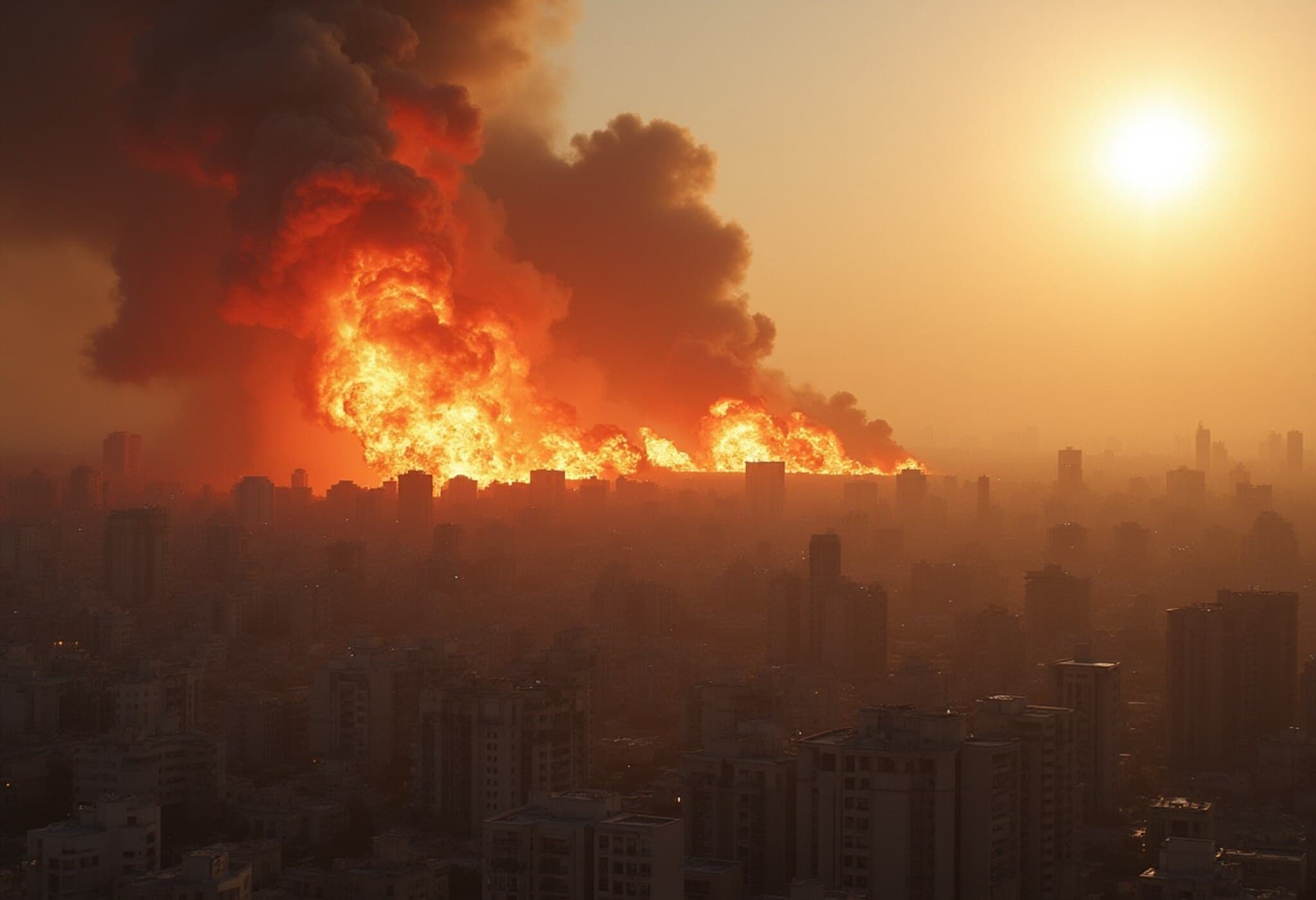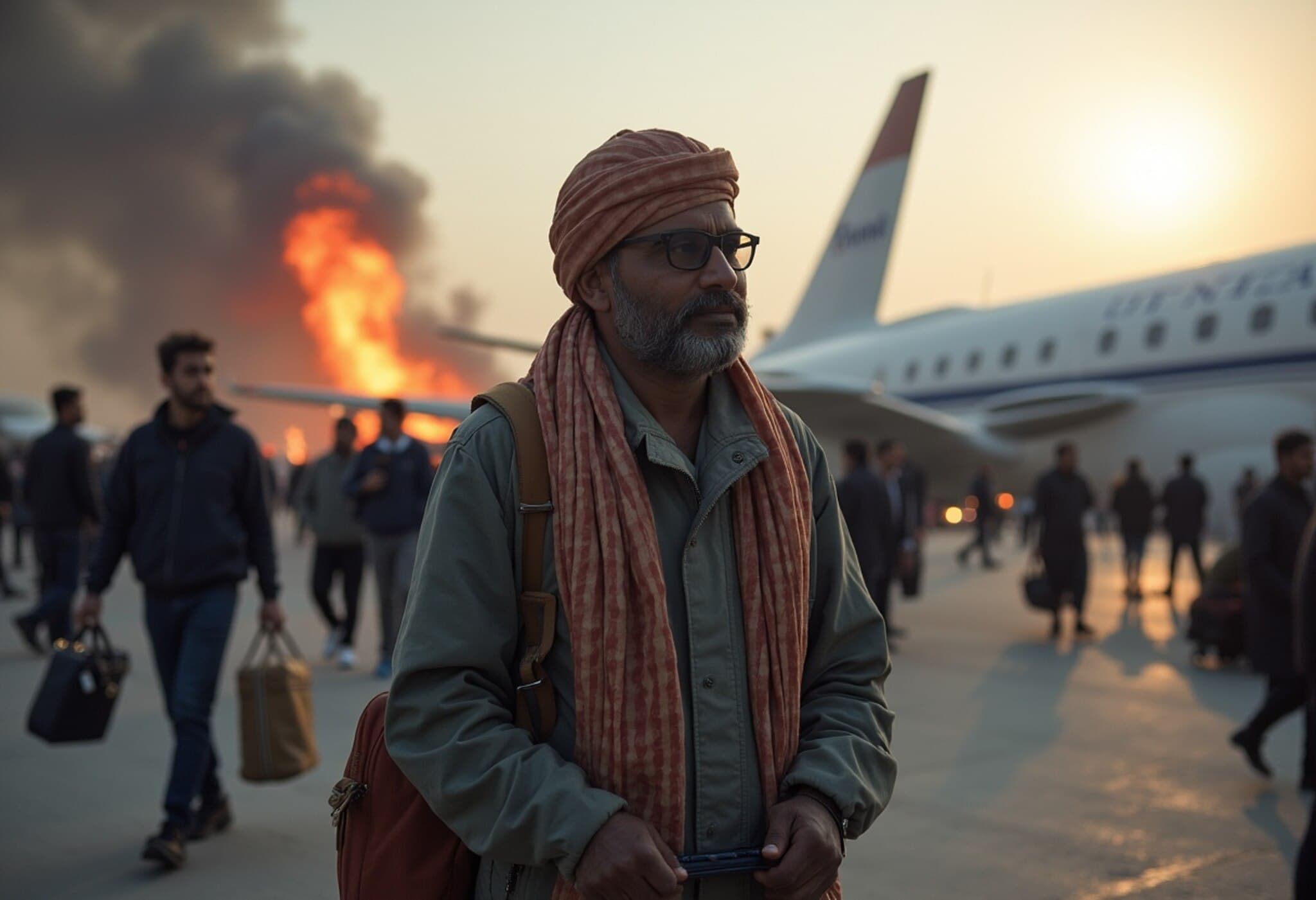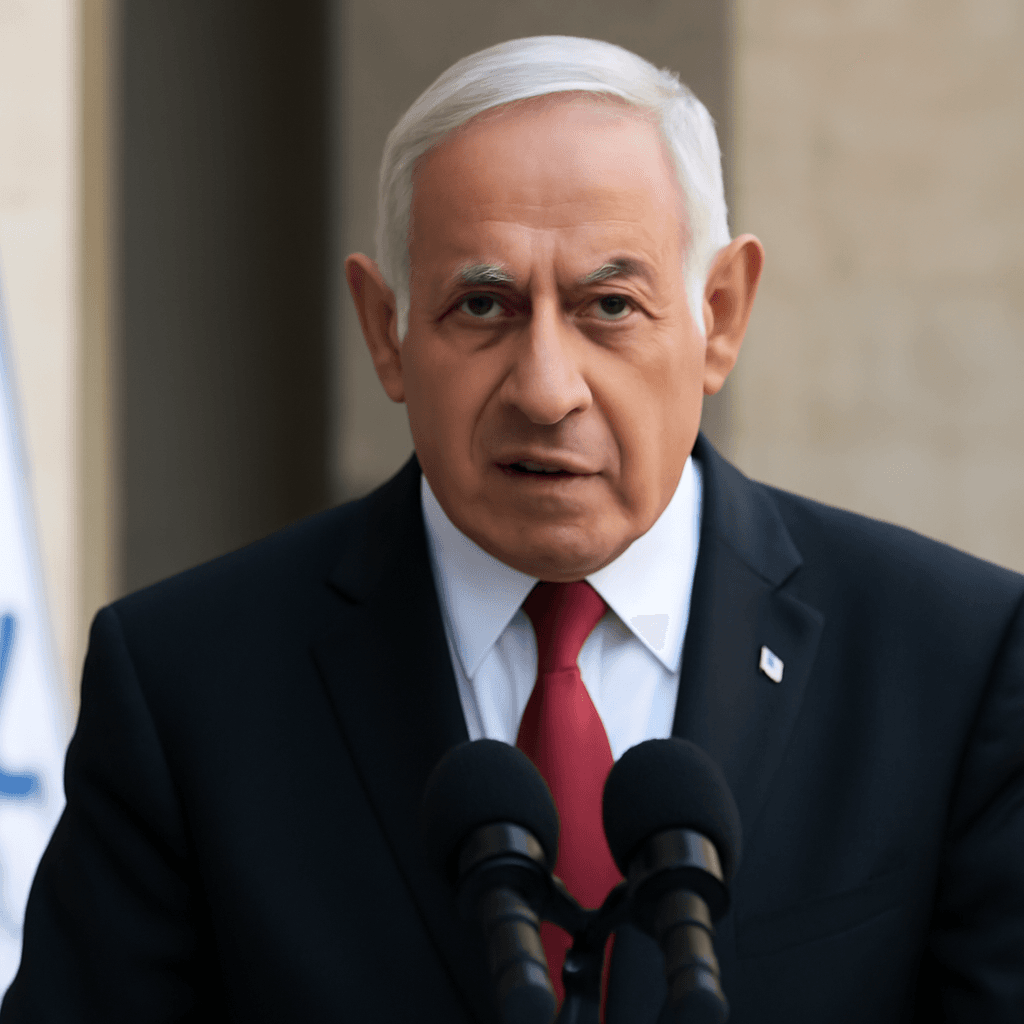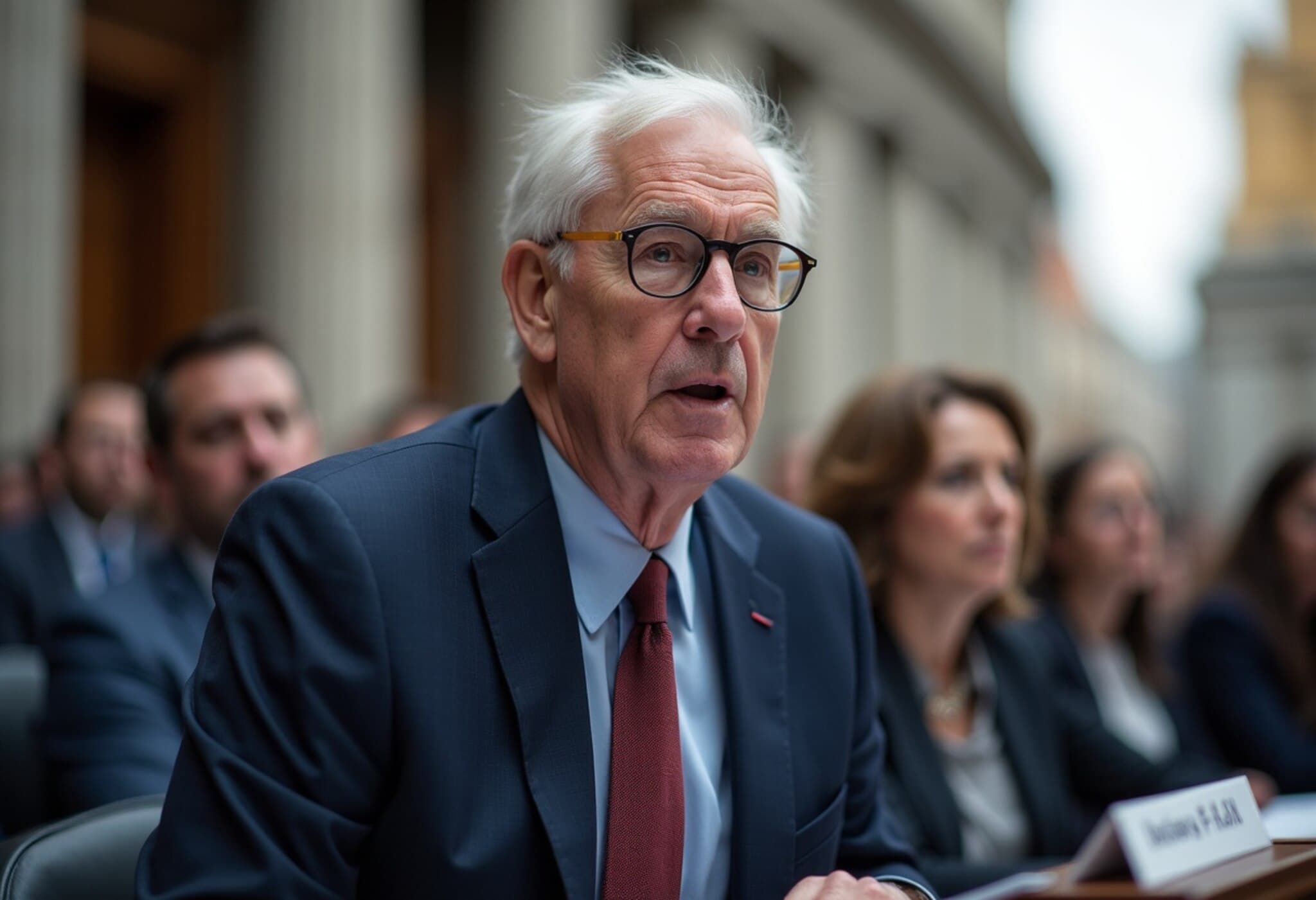Escalation in Israel-Iran Conflict: Strikes Intensify
As the conflict between Israel and Iran stretches into its seventh day, airstrikes and military engagements have intensified on both sides. On Thursday, the Israeli Air Force confirmed launching a series of attacks across Tehran and other Iranian locations following the interception of an Iranian drone over Israel earlier in the day.
Evacuation Warning Near Arak Nuclear Reactor
Israel issued a stern warning via social media urging civilians to evacuate the vicinity of Iran’s Arak heavy water reactor, citing security reasons. Located roughly 250 kilometers southwest of Tehran, the facility is capable of producing plutonium, a material of concern in nuclear weapons development, raising alarms about potential targets.
Details on Targets Remain Unclear
Despite confirming ongoing airstrikes around Tehran and other regions, the Israeli military has withheld specific information regarding the precise objectives of these operations, maintaining a veil of operational security amid escalating tensions.
US Considers Military Involvement Amid Rising Casualties
In Washington, senior officials are reportedly preparing for the possibility of direct military action against Iran, with discussions of potential strikes possibly occurring over the coming weekend. Meanwhile, US President Donald Trump remains undecided on American involvement but disclosed Iran’s overtures toward initiating talks.
Operation Sindhu: Evacuation of Indian Nationals
Amid the turmoil, India has successfully evacuated 110 Indian nationals from Iran under Operation Sindhu. The evacuees, mainly students, were transported safely to Delhi after being moved out of Tehran and crossing into Armenia, ensuring their safety amid uncertainty.
Human Toll Mounts: Over 600 Killed in Iran
According to reports from human rights organizations monitoring the conflict, at least 639 people have been killed and over 1,300 injured in Iranian territories due to Israeli strikes. Civilians and security personnel alike have suffered heavy losses, highlighting the grim human cost of the escalating hostilities.
Diplomatic Moves and International Reactions
Trump Signals Opens Door for Talks But Keeps Options Open
President Trump revealed that Iran has expressed willingness to enter negotiations, suggesting it might send representatives to the White House to discuss nuclear program concerns. Yet, Trump remains non-committal about military engagement, highlighting the delicate diplomatic balance at play.
Russia’s Stance: No Military Support but Offers Mediation
Russian President Vladimir Putin stated that Iran has not requested Russian military assistance throughout the conflict. However, Moscow has proposed mediating a resolution, aiming to balance Iran’s nuclear interests with Israel's security concerns. Putin emphasized the sensitivity of the situation and confirmed that Russia shared its peace proposals with all involved parties.
Iran’s Defiant Message
Ayatollah Ali Khamenei, Iran’s Supreme Leader, delivered a resolute message refusing to surrender, warning the US of devastating repercussions should military intervention escalate. Despite the tension, Iran’s Foreign Minister Abbas Araghchi reaffirmed a commitment to diplomacy while maintaining defensive actions in response to Israeli attacks.
Summary of Key Developments
- Israeli airstrikes continue targeting Tehran and other parts of Iran.
- Evacuation warning issued near the Arak heavy water reactor.
- US officials prepare for a potential strike on Iran, while Trump weighs options.
- India evacuates 110 nationals under Operation Sindhu.
- Over 639 casualties reported in Iran due to ongoing strikes.
- Russia offers mediation but denies providing military help to Iran.
- Iran’s Supreme Leader vows no surrender and warns of serious consequences.
The situation remains fluid and highly volatile, with diplomatic, military, and humanitarian dimensions evolving rapidly.

